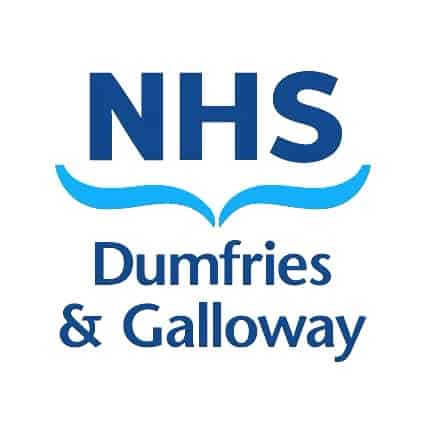CASES of the new Delta Variant are now known to be fuelling the growth of a COVID-19 cluster in Upper Nithsdale.
This new variant is understood to be about 40 per cent more easily passed from person to person than the previous variant which was behind the big number of cases we saw in the region at the start of the year.
As a result, additional testing is being introduced in Upper Nithsdale, with everyone in Sanquhar, Kelloholm and the immediate surrounding communities being encouraged to take up the opportunity to be tested – whether or not they have symptoms.
Advice is to continue to follow all ongoing national advice around physical distancing, handwashing, wearing of face coverings, and, crucially, around self-isolation along with households and arranging to be tested if experiencing any symptoms of COVID-19.
Public Health Consultant Dr Andrew Rideout said: “COVID-19 cases are being detected across the region, and this was to be expected as we continue to ease out of lockdown.
“However, there have been a growing number of cases in Upper Nithsdale in the last few days that we know are fuelled at least in part by the new Delta Variant.
“It seems that this new variant is particularly easy to spread and to catch. However, it does rely on human interaction to spread, and that’s where the ongoing FACTS guidance is so important.
“Simple actions such as keeping our distance, regular hand-washing and wearing of face masks will all help cut down transmission.
“However, it’s really important that anyone with any symptoms immediately self-isolates along with their household and arranges to be tested.
The symptoms are:
Increased temperature
A new, continuous cough
Change to or loss of sense of taste and/or smell.
“Wherever you are in the region, if you’ve been approached by the Test and Protect Team due to having contact with someone with COVID-19 we’d ask you to listen to their advice about what you and your household can do to help break the chain of transmission and protect loved ones, neighbours and the wider community.
“Help is available to advise around self-isolation, as well as grant funding in support of self-isolation.”
Dr Rideout added: “COVID-19 can be spread by people of all ages, both between the old and the very young, including children.
“Testing continues to be a great way to detect cases, including those where the person may not be experiencing any symptoms.
Many people locally have started to take up the offer of testing, and we have a lot of extra testing now in place, with a mobile testing unit situated at Mill Hill Centre in Kelloholm – from Tuesday until Friday this week. It joins an array of testing options, including static sites and the availability of home testing kits.”
For information on the full range of testing opportunities, visit www.nhsdg.co.uk/testing/
Dr Rideout said: “Our vaccination programme is continuing to play an important role in providing protection, but this is ongoing work and we can’t yet rely on it to protect everyone – instead, that’s down to us as individuals.
“The programme is continuing to move down through the age groups. Getting vaccinated if you haven’t already done so is hugely important – in order for all of use to be able to get back to safe, more normal lives, protecting communities, local businesses and employers … as well as the freedoms we all want to enjoy.”
Anyone aged 40 and over who has not yet received their first vaccination is urged to speak to someone locally via the newly-established local helpline 01387 403090, which runs from Monday to Friday, from 9 am to 5 pm.
Alternatively, email [email protected]
Vaccinations against COVID-19 are continuing within the region, with the programme having delivered over 100,000 first dose vaccinations – and now employing stocks of the Pfizer vaccine to vaccinate all remaining adults from 18 to 39.






